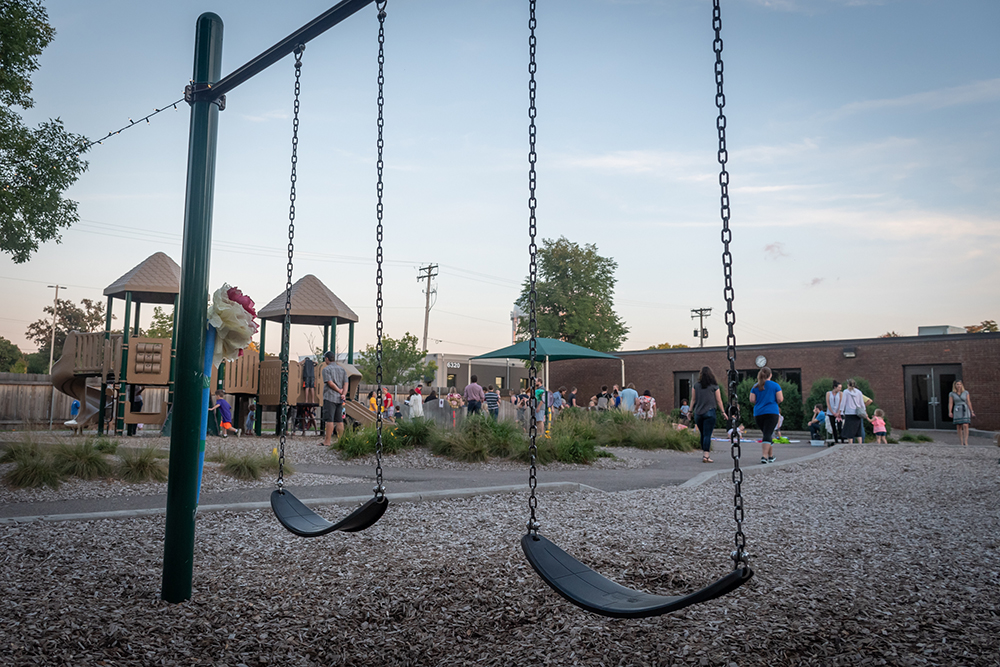
Give Your Child a Great Start at Fraser School
- Licensed & Accredited — NECPA-accredited and 5-Star Parent Aware-rated for quality.
- Inclusive Classrooms — Children of all abilities learn, play, and grow together.
- On-Site Support Services — Optional therapy services from Fraser’s expert clinicians.
- Convenient Location — Just off 64th Street in Richfield, serving Edina, South Minneapolis, Richfield, Bloomington, and beyond.
- Flexible Schedules — Full- and part-time options to fit your family’s needs.
“Fraser School gave our child the tools to thrive — and made our mornings less stressful with on-site therapy.” — Anna, Richfield parent
Serving Infants and Children Up to First Day of Kindergarten
-
Infant Program (6 weeks – 16 months)
A safe, nurturing environment with individualized care and early development activities.
-
Toddler Program (16 months – 33 months)
Hands-on exploration, language growth, and social-emotional skill building.
-
Preschool Program (33 months – Pre-K)
Play-based curriculum with kindergarten readiness, literacy, and math foundations.
-
Integrated Services (Optional)
Speech therapy, occupational therapy, physical therapy, and autism supports — coordinated with your child’s teachers.
Building Inclusion, One Generation at a Time
- Peer modeling to promote empathy, communication, and cooperation.
- Adaptive activities and individualized learning plans.
- Sensory-friendly classrooms and playground.
- Staff trained in supporting developmental differences.
For enrollment information, contact the Fraser Preschool & Childcare Center Director at 612-798-8319.
Learn More: Book a Tour • Enroll Now








FRASER SCHOOL® PROGRAMS
“I’ve never seen a preschool so inclusive. Every child belongs here.” — Jason, Edina parent
Fraser School® is licensed by the MN Department of Human Services and accredited by the National Early Childhood Program Accreditation (NECPA). We have a 4-Star rating by Parent Aware – Minnesota’s Quality Rating System.
Contact Fraser School®
2400 West 64th St,
Richfield, MN 55423
For enrollment information, contact the Fraser Preschool & Childcare Center Director at 612-798-8319.
Enroll Now

